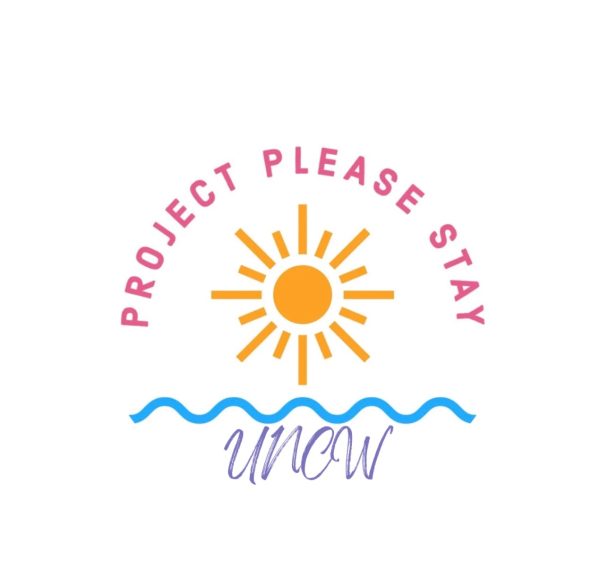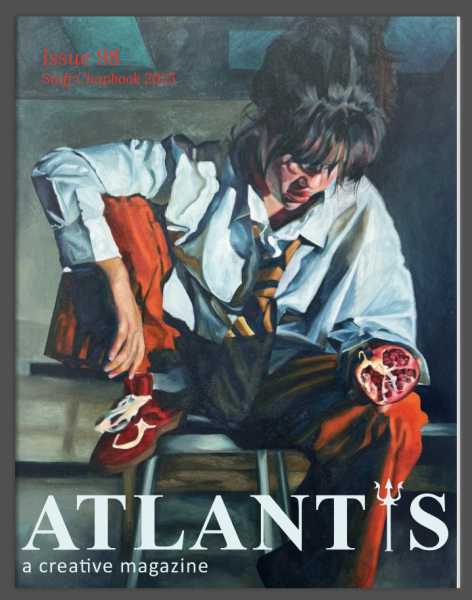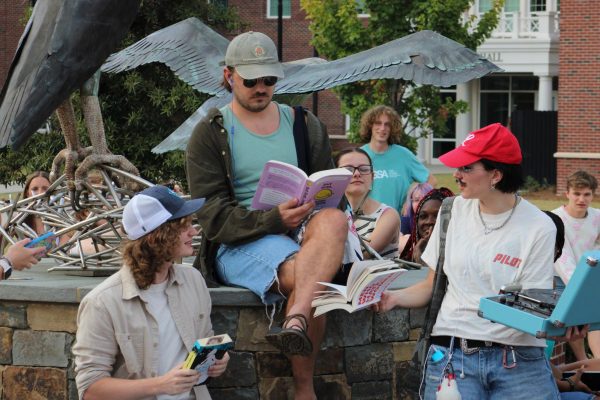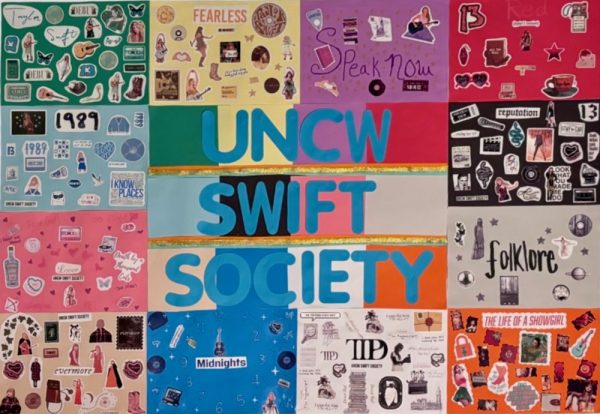UNCW students join the #MeToo conversation
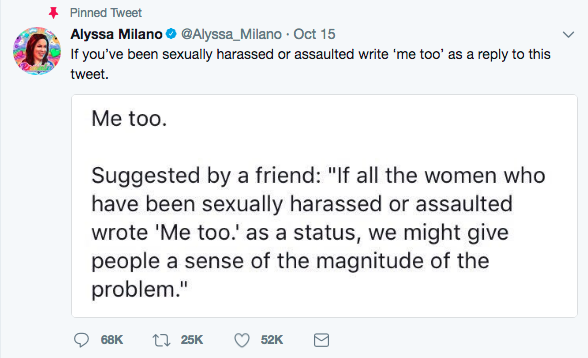
Alyssa Milano’s movement-sparking tweet
Oct. 15, actress Alyssa Milano sent a tweet to her followers that has since been viewed as a metaphorical call to arms for women around the country and parts of the world. The tweet was short and read “If you’ve been sexually harassed or assaulted write ‘me too’ as a reply to this tweet.”
In the days that followed, the tweet has been shared and responded to over 12 million times by women coming forward to add their voice in the growing national narrative. The student population of UNCW has not remained impartial to the campaign, and countless women have added their voice to the #MeToo movement in one way or another.
UNCW senior Maddison Brindle chose to join in on the campaign by posting #MeToo on her Facebook page Oct. 16.
“I decided to post #MeToo because it allowed me to finally voice my experience without serious repercussions, as well as letting other survivors who have also been silent know that it is okay to talk about it and be visible and public about sexual harassment and assault,” said Brindle in an interview with The Seahawk.
Brindle is certainly not the only student who felt compelled to join in the #MeToo campaign. Senior Becki Fernandez is the President of the Feminist Student Alliance on campus and is an outspoken advocate of women’s rights, as well as a sexual assault survivor herself. Fernandez posted #MeToo on her Facebook page on Oct. 15 and attributed her past experiences as a survivor as well as her passion for opening healthy narratives on women’s issues as two primary motives for her involvement.
“It raises awareness on how prevalent and pervasive the issue of sexual violence is,” said Fernandez. “The problem is that people know sexual violence exists but nobody does anything to address sexual violence.”
“Sexual harassment and violence is a very common occurrence on college campuses everywhere. We have all heard the statistic that one in four women will be sexually assaulted,” continued Fernandez.
Brindle sees the importance of the #MeToo movement in a similar light and asserted that “it lets me know that I am a part of a huge group of survivors who have also dealt with similar experiences, which is really quite helpful and makes me personally feel less isolated — I hope it allows other survivors to feel the same.”
There are, however, students who chose not to participate in the #MeToo movement and do not agree with the campaign as a whole. UNCW student Kyndra Lawson is openly leery of the effectiveness of the #MeToo campaign by itself.
“Let’s say it does help people become aware. Now what?” she said. “I don’t believe that people are going to start going out into the public to talk about it. They’re just going to scroll on by, forgetting about it in two seconds. As someone who was sexually assaulted for years by the same person, I know this is an issue. Maybe this post will be the start of fixing it, but we need to go out and do more!”
Fernandez agrees that there are potential problems with the campaign, though her reservations are centered around the idea that the campaign “places the responsibility of sharing their story on victims.”
Fernandez felt it was important to clarify that the #MeToo movement did not begin with Milano, but rather women’s rights activist Tarana Burke in 2007. Ebony Magazine interviewed Burke Monday, Oct. 16, and she explained that the #MeToo movement, “wasn’t built to be a viral campaign or a hashtag that is here today and forgotten tomorrow.”
A trending response, the #MeToo movement is being shared on Facebook and Twitter. The response that has become viral is a screenshot of a tweet published by a woman named Alexis Benveniste. The tweet states, “Reminder that if a woman doesn’t post #MeToo, it doesn’t mean she wasn’t sexually assaulted or harassed. Survivors don’t owe you their story.”







